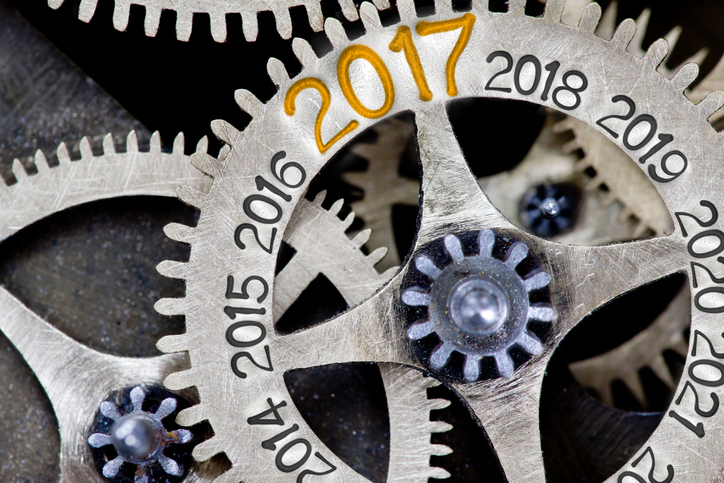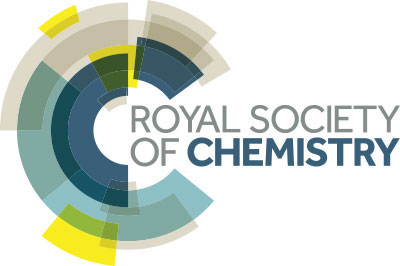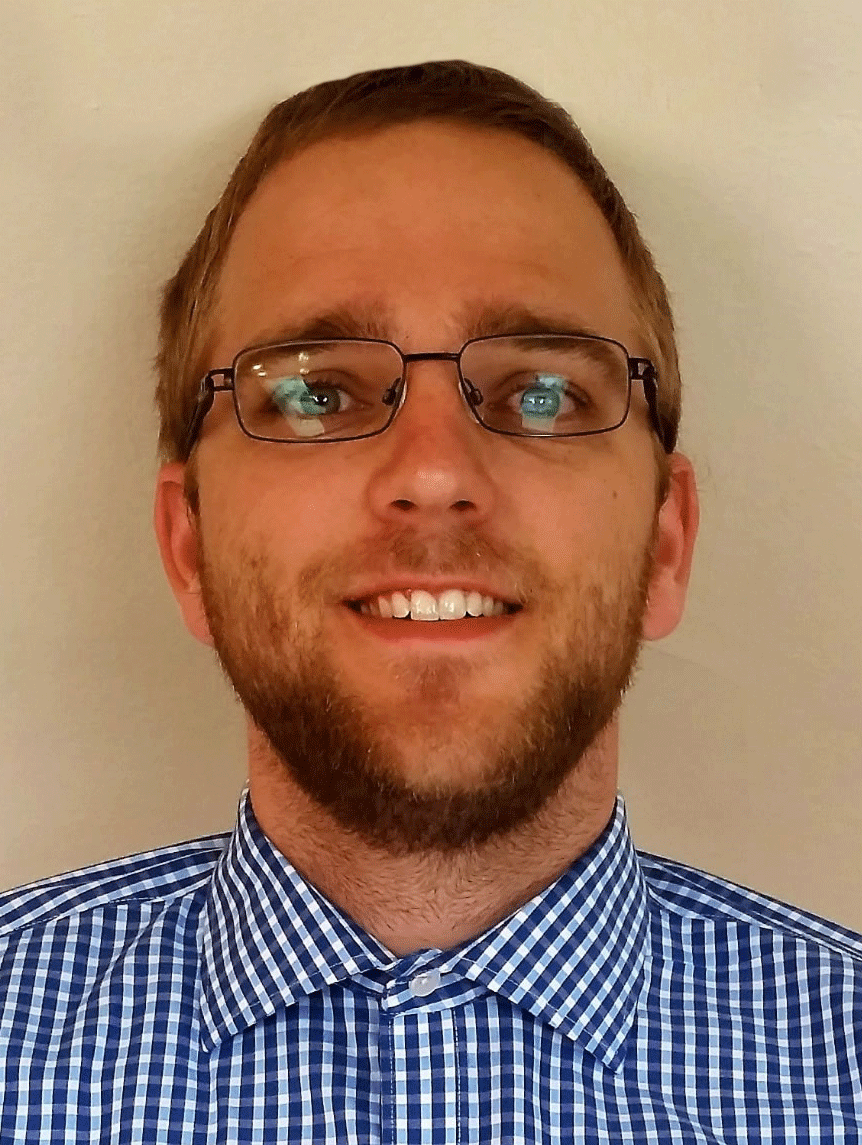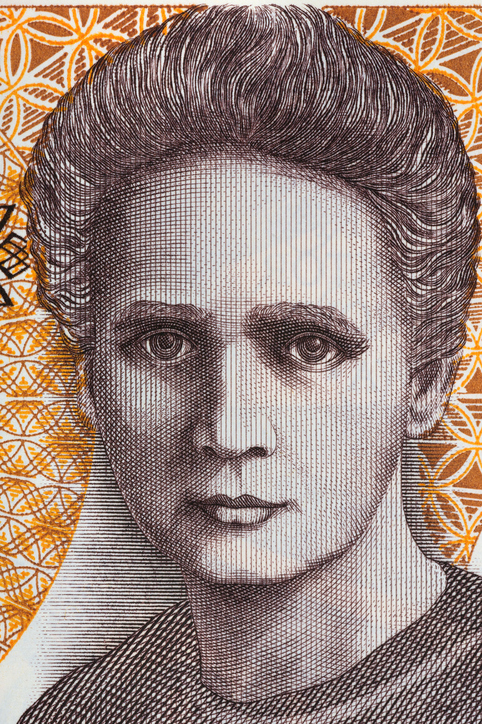 ECS fellow Plamen Atanassov was recently elected as a 2017 National Academy of Inventors Fellow. Atanassov is among 155 renowned academic inventors awarded this year’s fellowship, which is regarded as the highest professional accolade bestowed to academic inventors who have demonstrated a prolific spirit of innovation in creating or facilitating outstanding inventions that have made a tangible impact on quality of life, economic development, and welfare of society.
ECS fellow Plamen Atanassov was recently elected as a 2017 National Academy of Inventors Fellow. Atanassov is among 155 renowned academic inventors awarded this year’s fellowship, which is regarded as the highest professional accolade bestowed to academic inventors who have demonstrated a prolific spirit of innovation in creating or facilitating outstanding inventions that have made a tangible impact on quality of life, economic development, and welfare of society.
Atanassov, a Distinguished Professor Chemical and Biological Engineering and Director of the University of New Mexico Center for Micro-Engineered Materials, focuses the majority of his research efforts on developing catalysts for fuel cells. His work in creating a platinum-free catalyst for hydrogen fuel cells has helped overcome major barriers in applications such as hydrogen-powered vehicles, which could play a major role in transforming transportation and reducing greenhouse gasses.


 The following is a roundup of the top articles published on the ECS Redcat Blog in 2017.
The following is a roundup of the top articles published on the ECS Redcat Blog in 2017. The
The  2018 Call for Nominations
2018 Call for Nominations
 Scientists these days face a conundrum. As Americans are buffeted by accounts of
Scientists these days face a conundrum. As Americans are buffeted by accounts of  Ask people to name the most famous historical woman of science and their answer will likely be: Madame Marie Curie. Push further and ask what she did, and they might say it was something related to
Ask people to name the most famous historical woman of science and their answer will likely be: Madame Marie Curie. Push further and ask what she did, and they might say it was something related to 